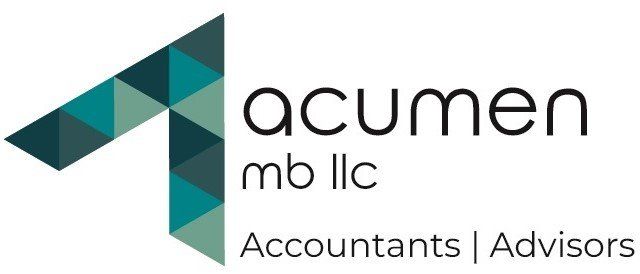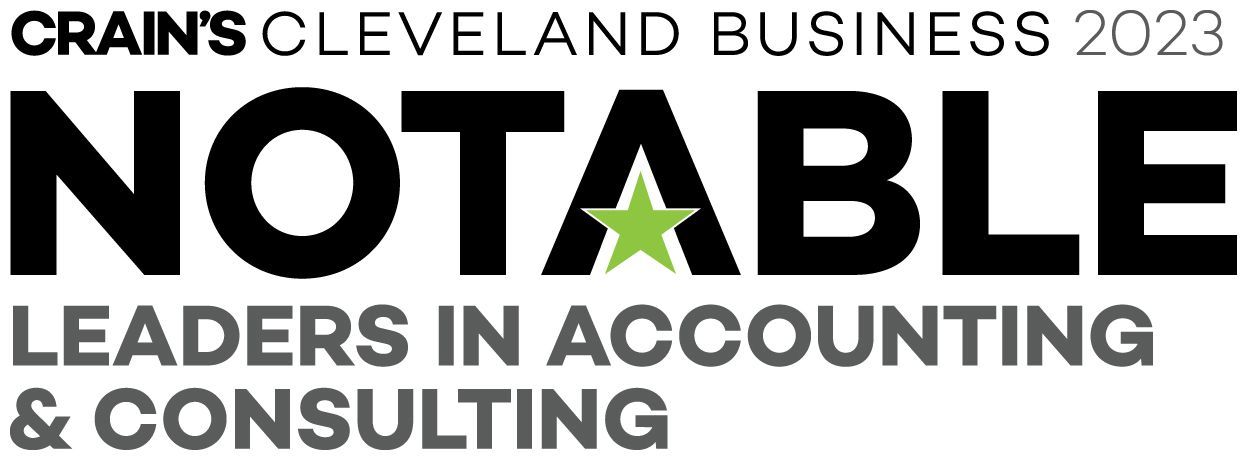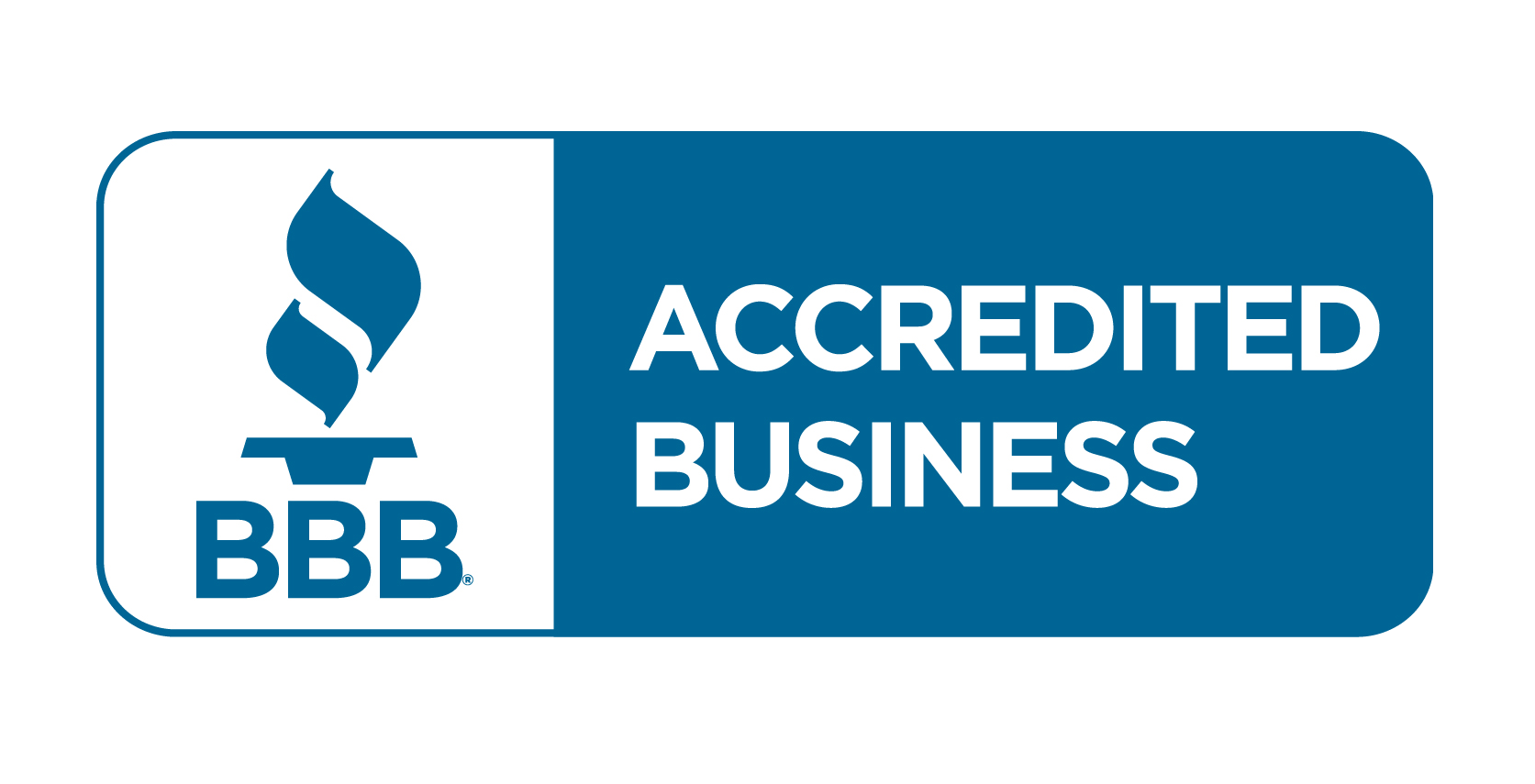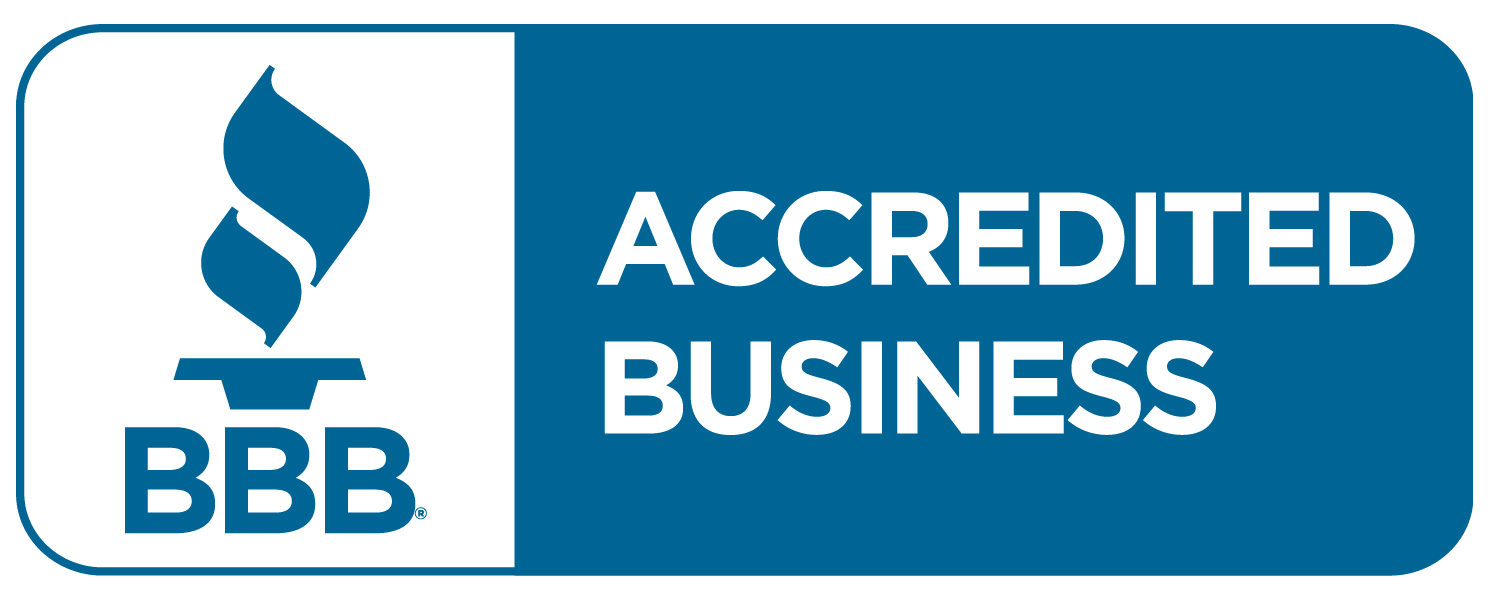Want more information?
Latest Tax & Accounting News

By Amanda Beder
•
November 6, 2025
At Acumen MB LLC, we’re proud to celebrate National STEM Day—a day dedicated to inspiring curiosity and innovation in Science, Technology, Engineering, and Mathematics (STEM). While many people think of lab coats, robots, or complex equations when they hear “STEM,” the truth is that these disciplines are also the foundation of modern accounting and tax services. Accounting Is a STEM Career Accounting is more than numbers on a page—it’s a blend of mathematical precision, analytical thinking, and technological innovation. As the financial world becomes more data-driven, accountants rely heavily on the same STEM principles that power breakthroughs in other industries. From using algorithms to detect fraud to developing predictive models for business growth, STEM skills are at the heart of what we do. Technology Is Transforming the Tax World STEM innovations have revolutionized the way tax professionals serve clients. Cloud-based accounting platforms, data analytics tools, and secure online filing systems allow us to work more efficiently and accurately than ever before. At Acumen MB LLC, we embrace these technologies to deliver smarter solutions—whether it’s optimizing your tax strategy, automating reporting, or safeguarding your financial data. Encouraging the Next Generation of Financial Thinkers National STEM Day also reminds us of the importance of inspiring future professionals. Today’s students learning coding, data science, or advanced math could become tomorrow’s auditors, CFOs, and financial analysts. We encourage parents, teachers, and mentors to help young people see the exciting possibilities that exist at the intersection of STEM and accounting. The Bottom Line STEM isn’t just shaping the future of science—it’s shaping the future of finance. At Acumen MB LLC, we combine the power of technology and analytics with a deep understanding of tax law and accounting principles to help our clients thrive in an increasingly digital world. So, on this National STEM Day, we celebrate not only the scientists and engineers, but also the accountants and tax professionals who turn numbers into knowledge and data into decisions.

By Amanda Beder
•
September 19, 2025
September is Baby Safety Month, a time dedicated to raising awareness about keeping the youngest members of our families safe and healthy. From baby-proofing your home to staying on top of car seat regulations, parents and caregivers go above and beyond to make sure little ones are well protected. At Acumen MB LLC, we know that safety extends beyond the physical environment—it also includes creating a secure financial foundation for your family. Just like baby gates and outlet covers help prevent accidents, strong financial planning can help prevent unnecessary stress and risk down the road. Safety at Home and Safety in Finances Baby-proofing your home: Installing cabinet locks, outlet covers, and baby gates protects your child from harm. Financial-proofing your future: Setting up savings accounts, college funds, and proper insurance coverage protects your family’s financial well-being. Both require proactive planning. It’s always easier to take preventative steps now than to deal with avoidable challenges later. Tax Considerations for Growing Families Welcoming a baby into your family brings joy—and also some important financial changes. Here are a few key areas to keep in mind: Child Tax Credit: Parents may be eligible for significant tax credits that help reduce their tax bill. Dependent Care Credits: If you pay for childcare, you could qualify for credits that help offset those costs. 529 Plans: Contributions to education savings plans may provide tax advantages while securing your child’s future. Flexible Spending Accounts (FSAs): Setting aside pre-tax dollars for dependent care or medical expenses can help stretch your family budget. Building a Secure Future Just as parents prioritize safety gear for their little ones, we encourage families to prioritize financial safety. Proper planning, tax strategy, and organization can provide peace of mind—knowing that you are protecting not just your child’s present, but also their future. At Acumen MB LLC, we’re here to help guide families through these exciting (and sometimes overwhelming) transitions. From understanding tax credits to building long-term financial strategies, our team is committed to supporting you as you safeguard what matters most.




